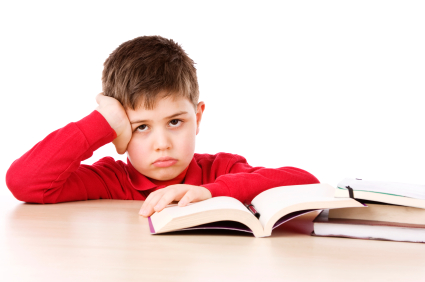Sleeping Hours Required by Children
A new study shows children aged 12 and younger function best if they go to bed before 9:00 p.m., and are prone to increased health risks if they stay up late.
The panel of pediatric specialists, led by the American Academy of Sleep Medicine (AASM), have produced these recommendations based on the age of the child:
- Infants (4-12 months): 12 to 16 hours
- Toddlers (1-2 years): 11 to 14 hours
- Preschoolers (3-5 years): 10 to 13 hours
- School-age children (6-12 years): 9 to 12 hours
- Teenagers (13-18 years): 8 to 10 hours
Sleep deprivation, especially among our children is increasing. The pressures of modern life to always be ‘connected’ , available, and up to speed with all things social media is worsening the situation.
As parents it is often hard to tell if our child is getting enough sleep as they tend to ‘speed up’ when tired, as opposed to adults who tend to wind down. What we may just attribute to age and hormonal changes may in fact be a sign of sleep troubles.
In the study of sleep requirements the panel analyzed how sleep impacts mental health, metabolic rates, cardiovascular development, immunology, and life performance to determine how much sleep is optimum. Enforcing it may be another matter, but it is a reminder of how important sleep is and how we as a nation should take it more seriously if we are to produce well- adjusted healthy children.
According the The Sleep Foundation, sleepiness can look like symptoms of attention deficit-hyperactivity disorder (ADHD).” Children often act as if they’re not tired, resisting bedtime and becoming hyper as the evening goes on. All this can happen because the child is overtired”. Equally ADHD can in fact cause sleeplessness.
You can download the National Sleep Foundations sleep guide chart here Sleep Chart

